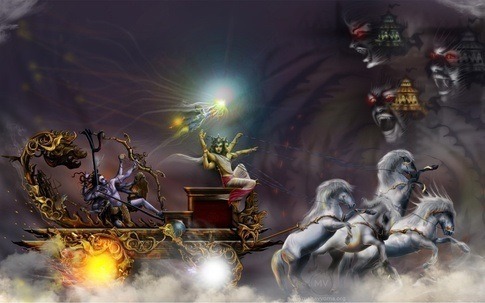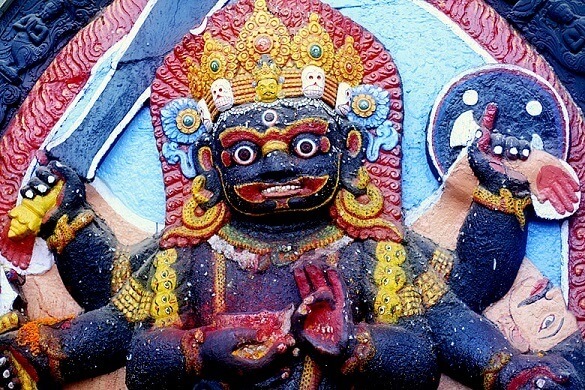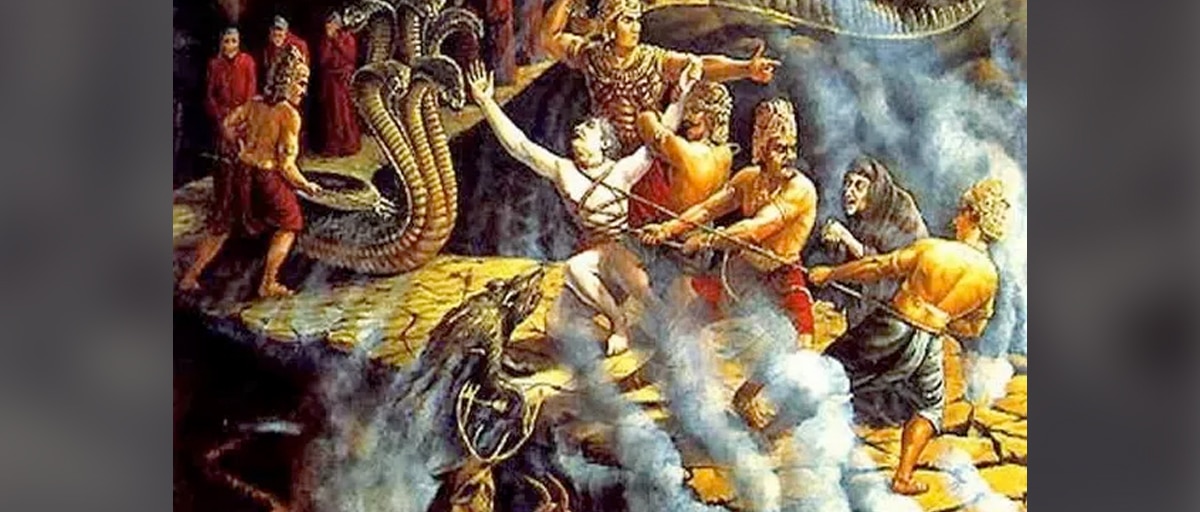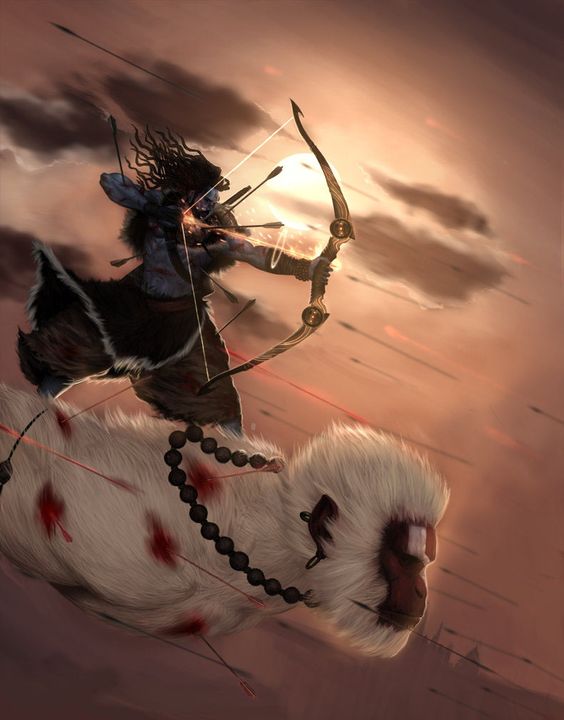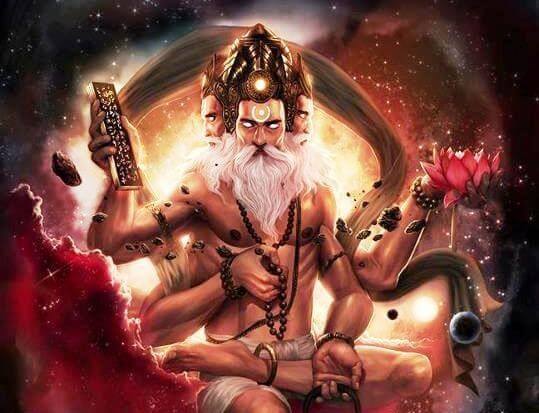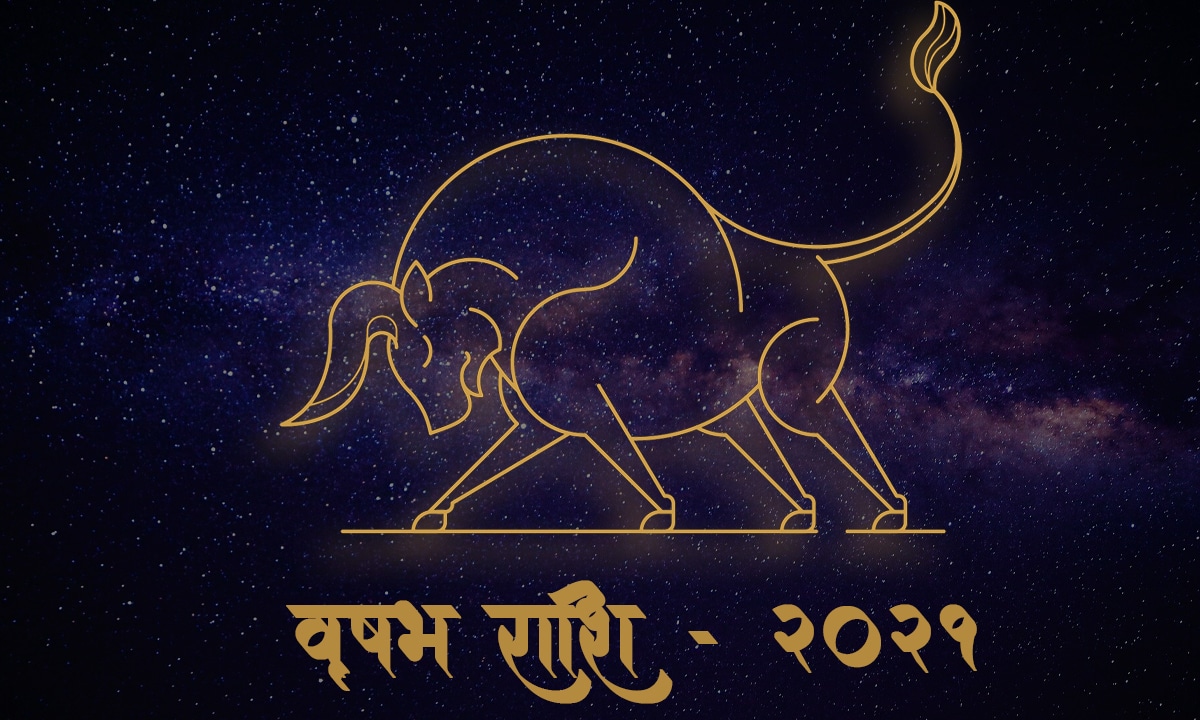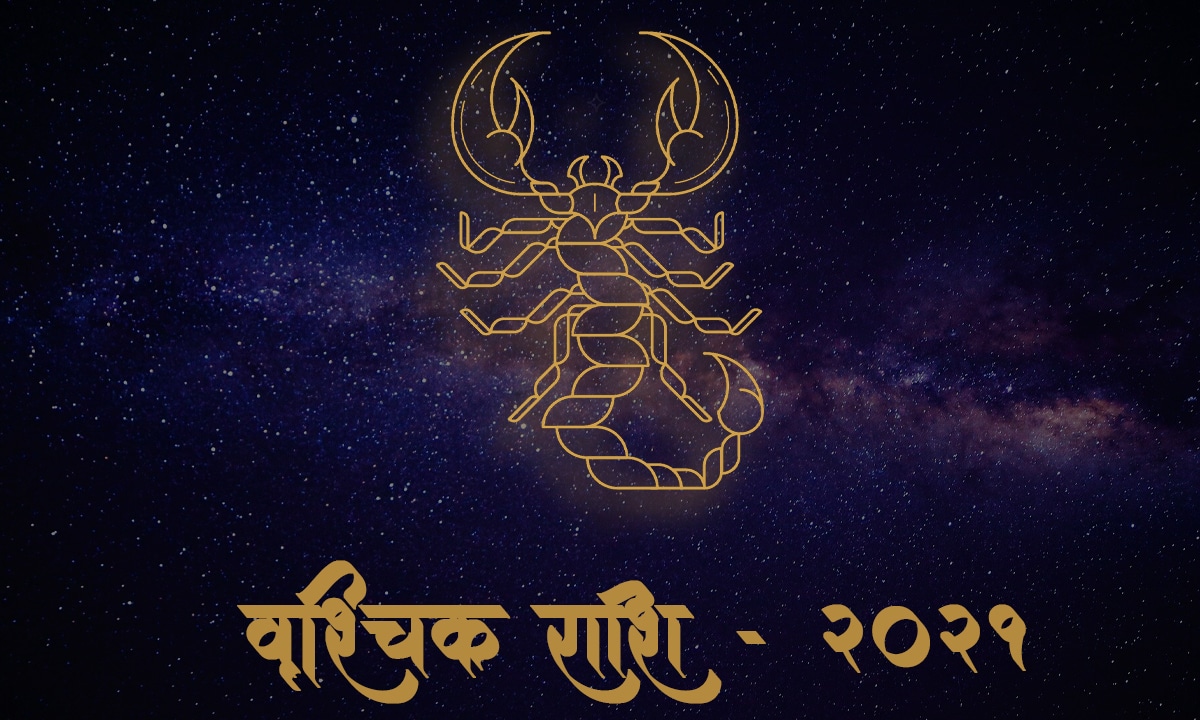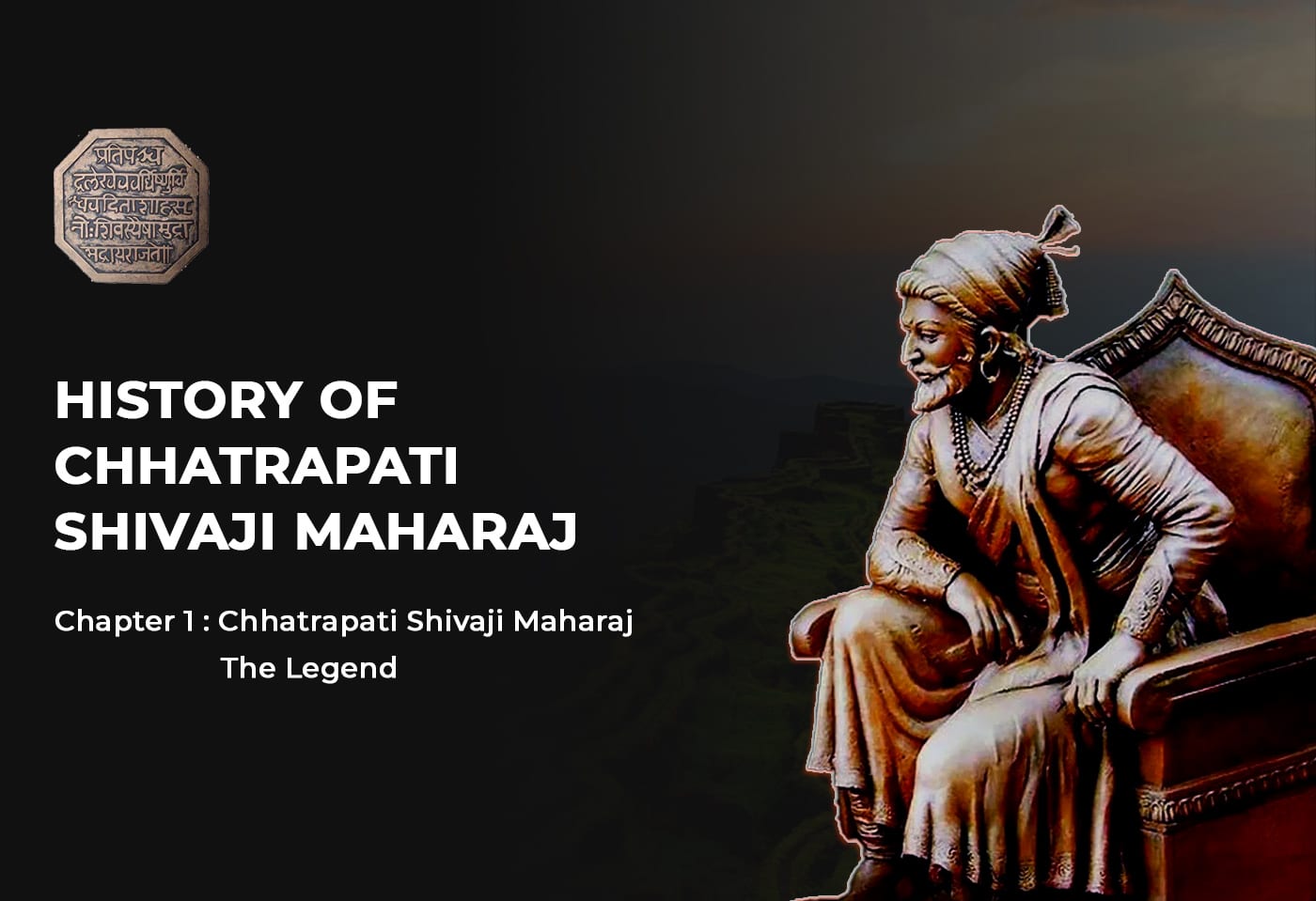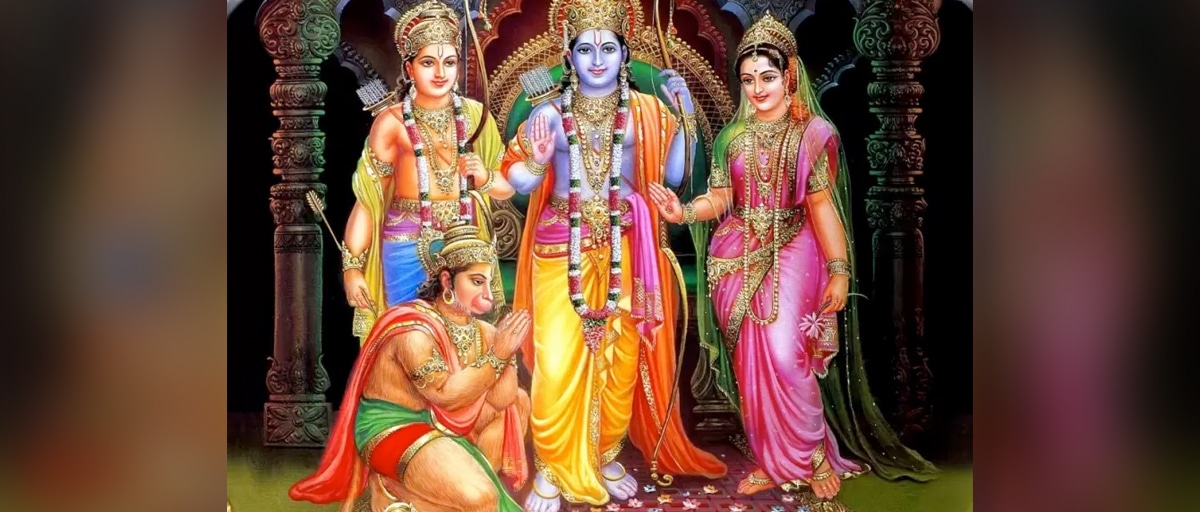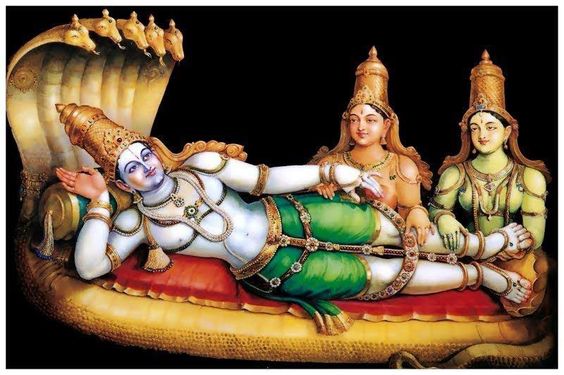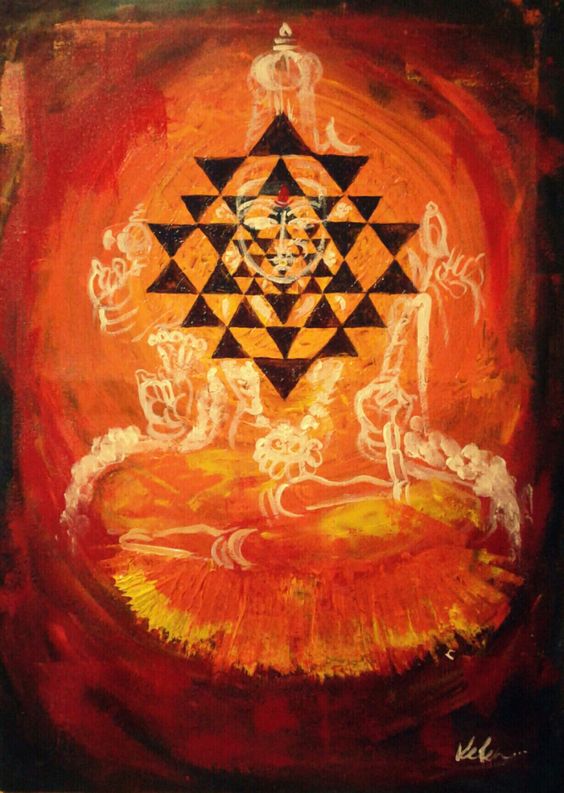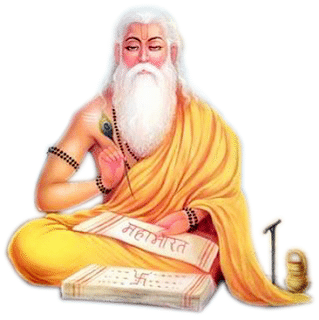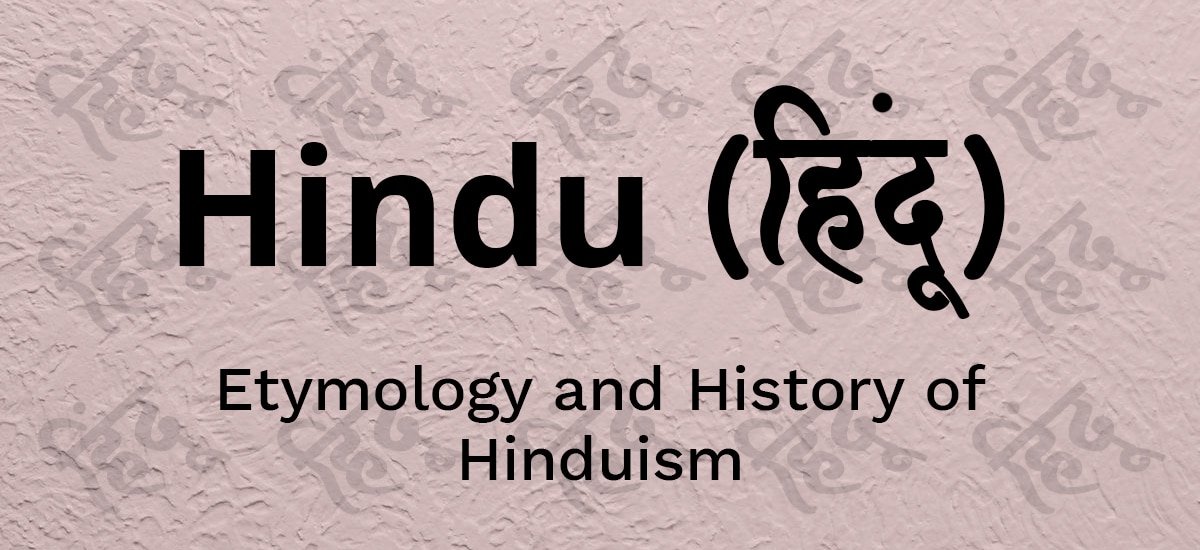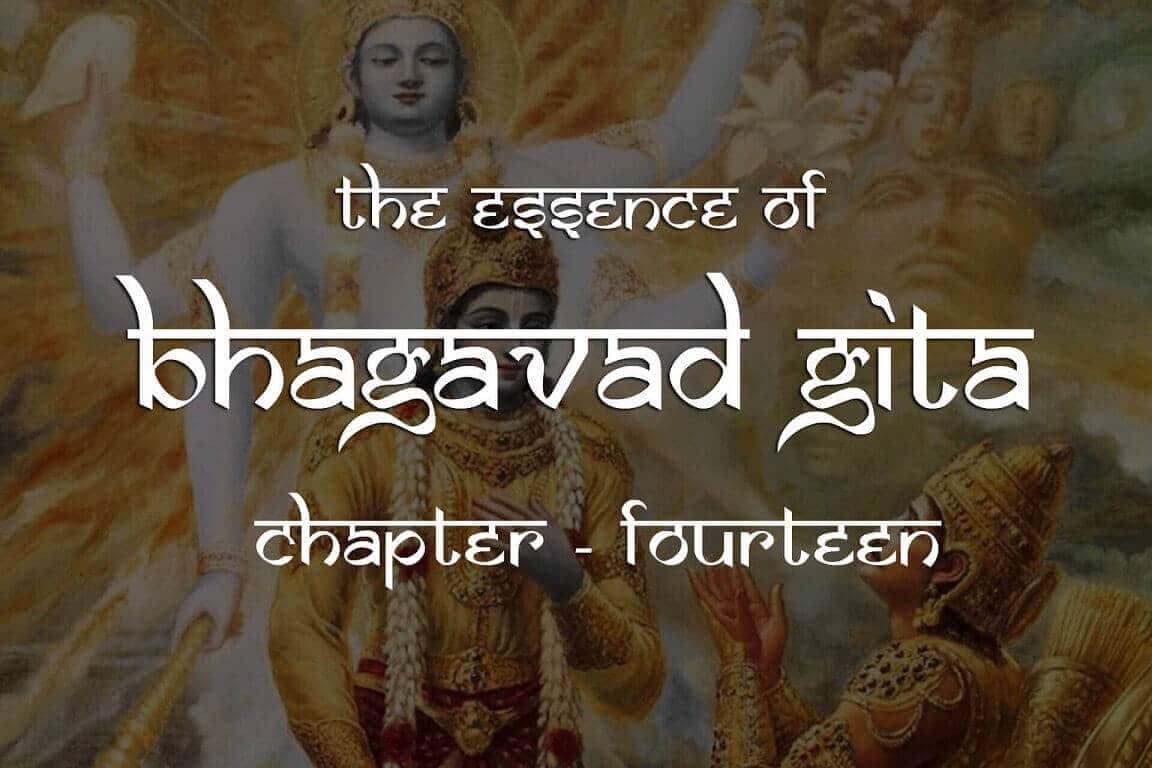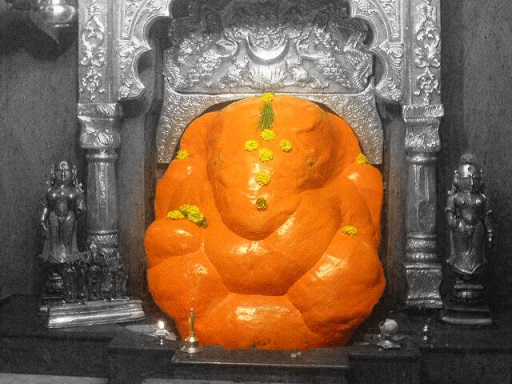Bhagavad Gita is also known as Gitopanisad. It is the essence of Vedic knowledge and one of the most important Upanishads in Vedic literature. Of course, there are many commentaries in English on the Bhagavad-gita, and one may question the necessity for another one. This present edition can be explained in the following way. Recently an American lady asked me to recommend an English translation of Bhagavad-gita.
Of course in America there are so many editions of Bhagavad-gita available in English, but as far as I have seen, not only in America but also in India, none of them can be strictly said to be authoritative because in almost every one of them the commentator has expressed his own opinions without touching the spirit of Bhagavad-gita as it is.
The spirit of Bhagavad-gita is mentioned in Bhagavad Gita itself.
It is just like this: if we want to take a particular medicine, then we have to follow the directions written on the label. We cannot take the medicine according to our own whim or the direction of a friend. It must be taken according to the directions on the label or the directions given by a physician. Similarly, Bhagavad-gita should be taken or accepted as it is directed by the speaker himself. The speaker of Bhagavad-gita is Lord Sri Krsna. He is mentioned on every page of Bhagavad-gita as the Supreme Personality of Godhead, Bhagavan. Of course the word “Bhagavan“ sometimes refers to any powerful person or any powerful demigod, and certainly here Bhagavan designates Lord Sri Krsna as a great personality, but at the same time we should know that Lord Sri Krsna is the Supreme Personality of Godhead, as is confirmed by all great acaryas (spiritual masters) like Sankaracarya, Ramanujacarya, Madhvacarya, Nimbarka Svami, Sri Caitanya Mahaprabhu and many other authorities of Vedic knowledge in India.
The Lord Himself also establishes Himself as the Supreme Personality of Godhead in the Bhagavad-gita, and He is accepted as such in the Brahma-samhita and all the Puranas, especially the Srimad-Bhagavatam, known as the Bhagavata Purana (Krsnas tu bhagavan svayam). Therefore we should take Bhagavad-gita as it is directed by the Personality of Godhead Himself.
In the Fourth Chapter of the Gita the Lord says:
(1) imam vivasvate yogam proktavan aham avyayam
vivasvan manave praha manur iksvakave ‘bravit
vivasvan manave praha manur iksvakave ‘bravit
(2) evam parampara-praptam imam rajarsayo viduh
sa kaleneha mahata yogo nastah parantapa
sa kaleneha mahata yogo nastah parantapa
(3) sa evayam maya te ‘dya yogah proktah puratanah
bhakto ‘si me sakha ceti rahasyam hy etad uttamam
bhakto ‘si me sakha ceti rahasyam hy etad uttamam
Here the Lord informs Arjuna that this system of yoga, the Bhagavad-gita, was first spoken to the sun-god, and the sun-god explained it to Manu, and Manu explained it to Iksvaku, and in that way, by disciplic succession, one speaker after another, this yoga system has been coming down. But in the course of time it has become lost. Consequently the Lord has to speak it again, this time to Arjuna on the Battlefield of Kuruksetra.
He tells Arjuna that He is relating this supreme secret to him because he is His devotee and His friend. The purport of this is that Bhagavad-gita is a treatise which is especially meant for the devotee of the Lord. There are three classes of transcendentalists, namely the jnani, the yogi and the bhakta, or the impersonalist, the meditator and the devotee. Here the Lord clearly tells Arjuna that He is making him the first receiver of a new parampara (disciplic succession) because the old succession was broken. It was the Lord’s wish, therefore, to establish another parampara in the same line of thought that was coming down from the sun-god to others, and it was His wish that His teaching be distributed anew by Arjuna.
He wanted Arjuna to become the authority in understanding the Bhagavad-gita. So we see that Bhagavad-gita is instructed to Arjuna especially because Arjuna was a devotee of the Lord, a direct student of Krsna, and His intimate friend. Therefore Bhagavad-gita is best understood by a person who has qualities similar to Arjuna’s. That is to say he must be a devotee in a direct relationship with the Lord. As soon as one becomes a devotee of the Lord, he also has a direct relationship with the Lord. That is a very elaborate subject matter, but briefly it can be stated that a devotee is in a relationship with the Supreme Personality of Godhead in one of five different ways:
1. One may be a devotee in a passive state;
2. One may be a devotee in an active state;
3. One may be a devotee as a friend;
4. One may be a devotee as a parent;
5. One may be a devotee as a conjugal lover.
2. One may be a devotee in an active state;
3. One may be a devotee as a friend;
4. One may be a devotee as a parent;
5. One may be a devotee as a conjugal lover.
Arjuna was in a relationship with the Lord as a friend. Of course, there is a gulf of difference between this friendship and the friendship found in the material world. This is transcendental friendship which cannot be had by everyone. Of course everyone has a particular relationship with the Lord, and that relationship is evoked by the perfection of devotional service. But in the present status of our life, we have not only forgotten the Supreme Lord, but we have forgotten our eternal relationship with the Lord.
Every living being, out of many, many billions and trillions of living beings, has a particular relationship with the Lord eternally. That is called svarupa. By the process of devotional service, one can revive that svarupa, and that stage is called svarupa-siddhi-perfection of one’s constitutional position. So Arjuna was a devotee, and he was in touch with the Supreme Lord in friendship.
DISCLAIMER:
All images, designs or videos on this page are copyright of their respective owners. We don’t own have these images/designs/videos. We collect them from search engine and other sources to be used as ideas for you. No copyright infringement is intended. If you have reason to believe that one of our content is violating your copyrights, please do not take any legal action as we are trying to spread the knowledge. You can contact us directly to be credited or have the item removed from the site.

